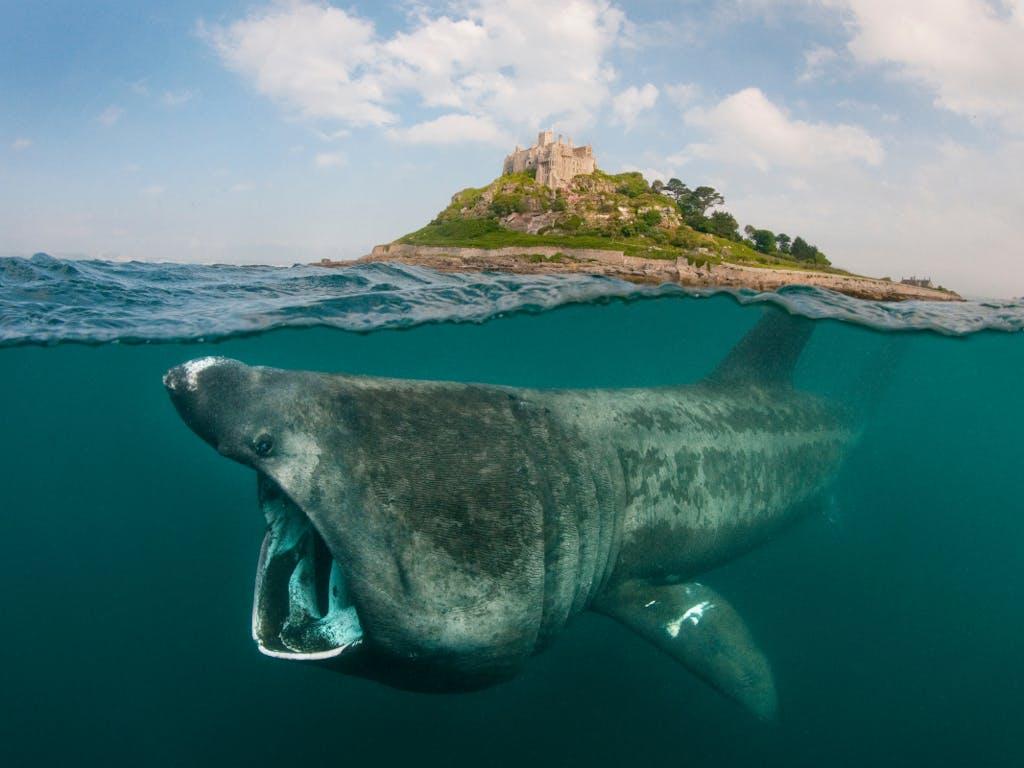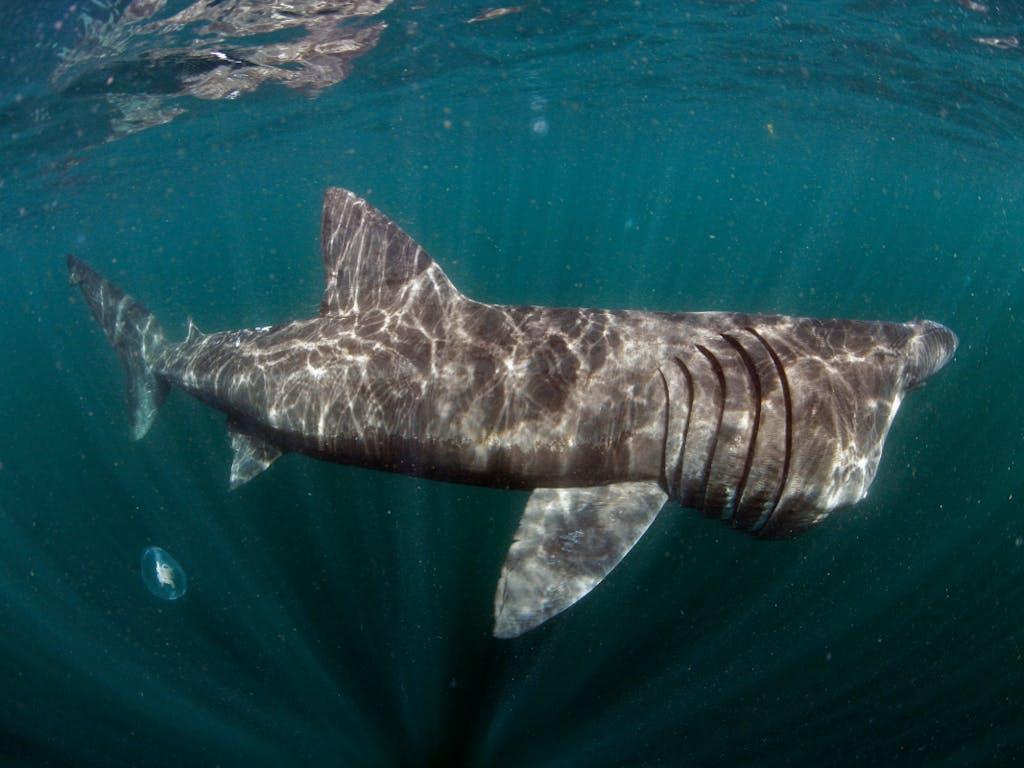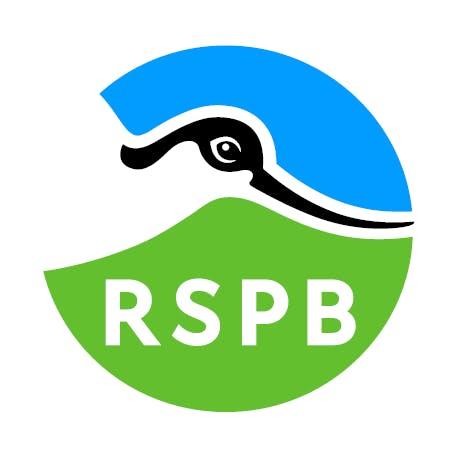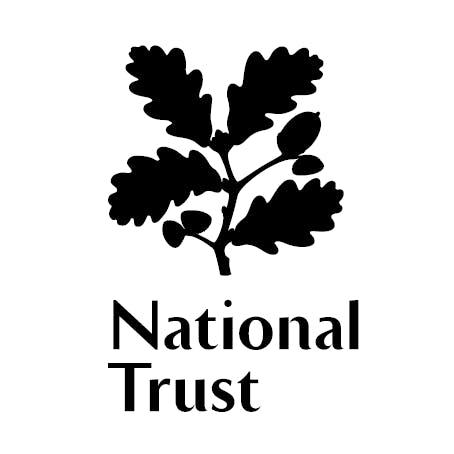Basking sharks
Mysterious long-distance travellers
Gentle giants, basking sharks travel to the western coastlines of our wild isles to feed and breed in our plankton-rich seas. How we look after our ocean visitors can impact wildlife across the world, but our behaviours may be harming these mysterious creatures.


Epic journeys
Meet the largest fish roaming our waters: the elusive basking shark. The second-biggest shark in the world, these prehistoric-looking creatures can be as long as a double-decker bus.
Basking sharks are long-distance travellers. Some take vast deep-water journeys across the Atlantic to north Africa before coming back to UK waters in the summer. Each year we see more than 20,000 basking sharks making their way to UK seas, creating one of our most fascinating wildlife spectacles.
The waters around our wild isles are teeming with life, and they’re vital in maintaining the global population of basking sharks. Though our knowledge of them is still relatively limited, we do know that how we look after our ocean visitors can impact wildlife across the world.


Rising threats
Basking sharks are vulnerable to pressures from damaging fishing practices and climate change, and – owing to gaps in our knowledge – we may be harming these majestic creatures before we even fully understand them. Today, they are classified as endangered globally and in Europe by the IUCN Red List.
As our climate continues to change, this could alter the pattern of ocean currents and plankton distribution in our waters. If our oceans continue to warm and basking sharks can’t get the food they need in our seas, they may change their movement.
Every year we learn more about what lives around our coastlines. Our land, water and air spaces welcome millions of migrating animals. So it’s up to us to make sure we maintain a wild and healthy environment to support the wildlife that visits our wild isles, including basking sharks.
Basking sharks in numbers
20,000
visiting basking sharks in UK waters
80%
decline in past century
4.5tn
average weight of adult basking sharks
Get in the know
Discover more about where basking sharks live, the threats they face, and some stories of hope that show we can preserve nature if we take action.










